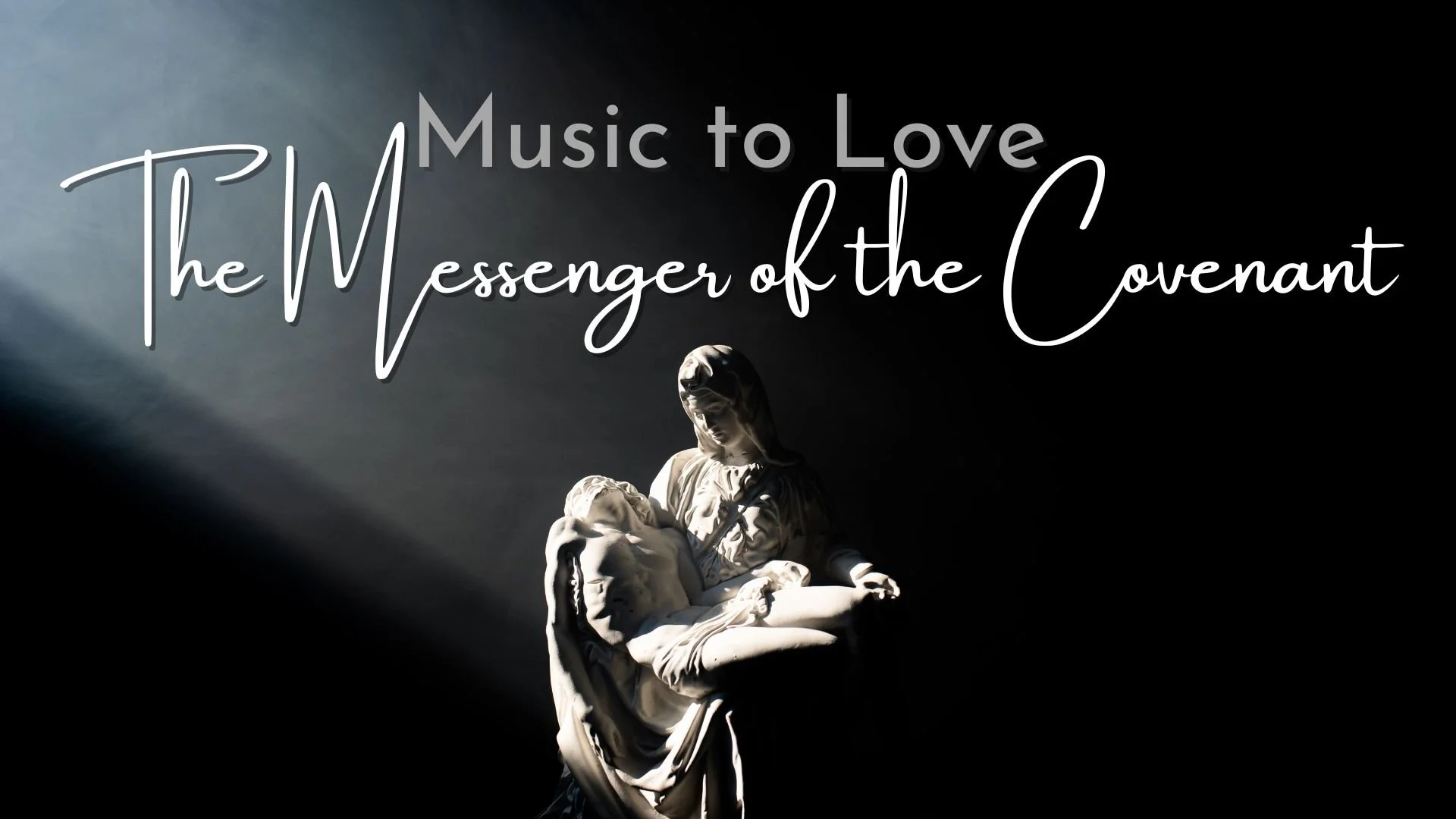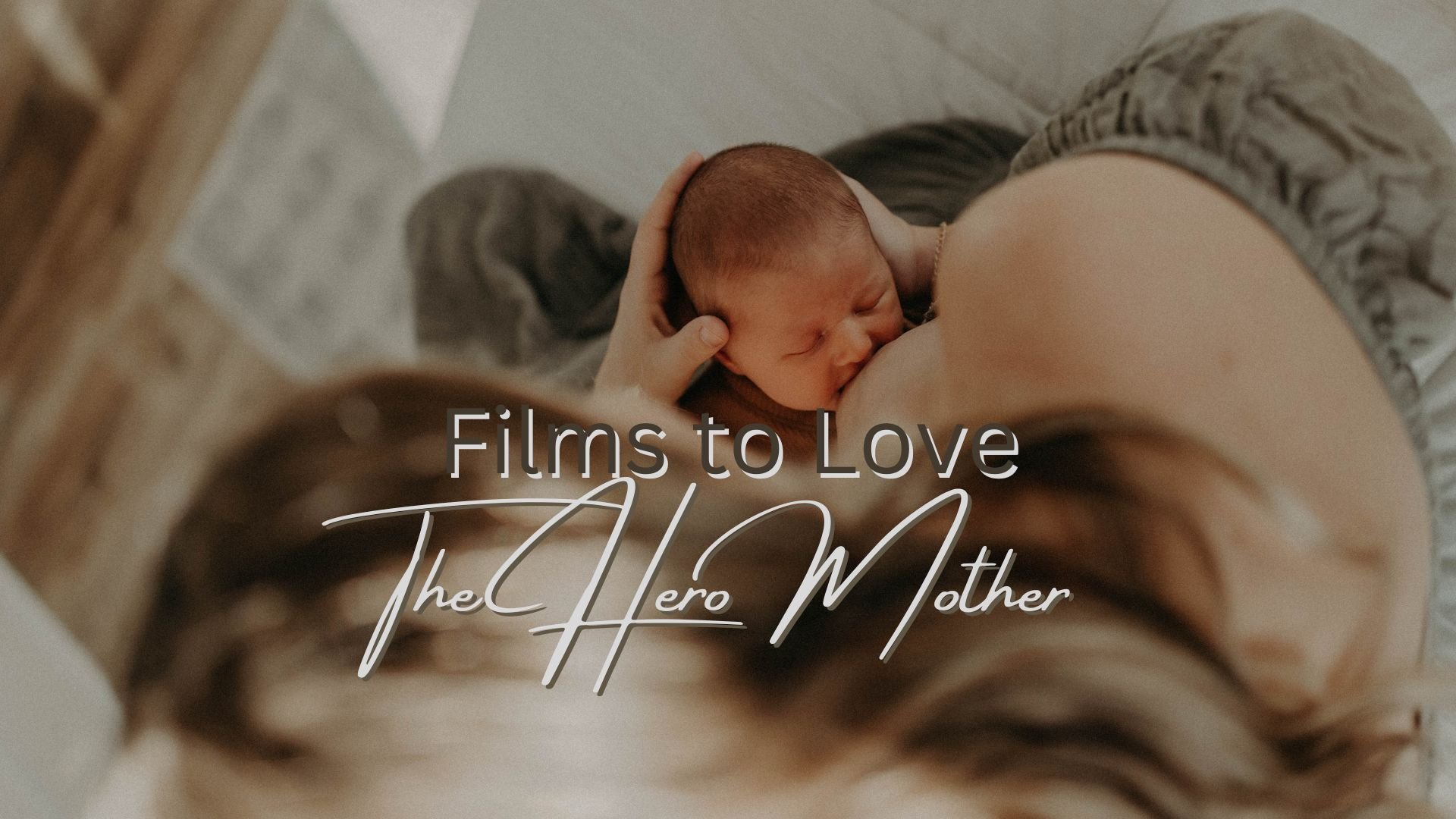The Flesh and the Blood
As it has been a considerable amount of time since I have posted anything on Whiskers on Kittens due to a rigorous schedule that carefully balances my writing with my child rearing, my dear friend, Jo Ann Samide, has kindly offered to provide a guest post to get the wheels here at Whiskers rolling again. Below you will find a bizarre and somewhat spectral short story that is in perfect keeping with the holiday today.
Jo Ann is a well-read woman, whose tastes are myriad and varied. Having homeschooled five children, all of whom had gone on to great collegiate exploits, she has a tight grasp on many subjects and pulls from all of them to craft tapestried works that are rich in allusion, historical context, and imagery. A woman of keen intelligence and great kindness, she is one I am privileged to call friend.
I hope you enjoy her offer: The Flesh and The Blood, an uncanny look into the unsavory and preternatural world of 1970s New York City.
The Flesh and The Blood
New York City is and always has been a place that teems with life. It is organic and dynamic, a mass of human movement and unbridled energy emanating from every square inch of the city--the luxurious penthouses of the Upper East Side and the barrios of Washington Heights alike pulse with a dynamic beat. One cannot necessarily assert that New York is a beautiful metropolis, especially not in gritty days of the late 1970’s when Mayor Abe Beame presided over its crumbling infrastructure and its crime ridden streets. Gangs roamed the graffitied subway system and drug addicts slouched in the darkened doorways. But New York was alive, vitally so, and so were its inhabitants, young and old, rich and poor and no one was more alive or vital than the Brant sisters, Juliet, and Portia.
Juliet and Portia lived in the transitional neighborhood of Bushwick, Brooklyn. Their fair hair and blue eyes set them apart from their neighbors, as most of the other whites who could afford to took flight to greener pastures—Long Island or New Jersey. Their mother, Sandra, was divorced and worked as a barmaid in a tavern which served the knitting mills and factories near Newton Creek. Sandra, often overwhelmed and under great stress, did the best she could and kept a roof over all their heads but moving to a safer area was out of the question. It was the summer of 1977 and Sandra’s woes were reflected by the turmoil occurring all around her. That year the Son of Sam roamed the streets gun in hand, the arsonists burned their own buildings for the insurance money, the blackouts and rolling brownouts caused widespread looting and despair, but the girls were just 16 and 14 years old and strangely impervious to all that was happening around them. It was as though they lived in their own world populated by the two of them. Their innocence and their optimism can sometimes be found in young people of that age, it is that innocence and optimism that have sent intrepid souls on numerous quests and adventures. Fairy tales and legends are full of them.
Where others saw burnt out buildings and urban decay, the girls perceived a wonderland. An unmanned subway station that the girls could wiggle under was the portal to other more magical worlds that summer. When their mother left for work in the afternoon, they were off exploring the city--the skyscraper canyons, the sandy beaches and amusements of Coney Island, the exotic neighborhoods of Little Italy and Chinatown, and the pastoral fields and wooded glens of Central Park. Juliet, who had received a polaroid camera for her 16th birthday, was taking pictures of her younger sister near the Hans Christian Anderson statue when the “fairytale” began. It must be noted that Juliet and Portia were both lovely girls, but Portia at 14 was gangly and awkward with her newly changing body and long limbs, a promise yet to be realized. Juliet, on the other hand, moved with the grace of a dancer as she strode laughing around her sister, snapping pictures from every angle. “You should be behind that camera,” said a soft, slightly accented voice. Juliet started, gazing up into the eyes of the handsomest man she had ever seen.
He was older, as just about everyone is to a girl of Juliet’s age, dark-haired and bearded with piercing blue eyes, and an aristocratic bearing, almost military in its precision. He smiled and sat down on the bench, gently indicating the empty spot next to him. “Let’s go, Juliet,” Portia stammered, but Juliet was not listening, so charmed was she by his mesmerizing presence. He held out an ornately engraved business card, which read “Giles Delray, Barbablu Agency.”
“I deal in beauty” he said. “And beauty such as yours is a rare commodity. Not only do you have the face and form of a goddess, but you have the nature of an angel and the innocence of youth. I can see it in your eyes. Yes, your eyes. The eyes tell all. They are truly the windows of the soul, and I can see yours peeking out from behind your lashes. Really, that is what I am most interested in, you see. Please have your parents call me. I run one of the most prestigious talent agencies in the world—models, actresses, entertainers.”
He dropped some familiar names, the rich, famous, and beautiful—those jet setters who frequented Studio 54 and drank champagne on the Concorde flights between London and New York. Juliet imagined herself among them and suddenly the familiar and sweet life she knew lost its charm and Portia’s face receded in her mind. Her eyes widened in excitement and met Giles' blue gaze, but as they did, just a little of the light and vitality left them. The transformation, almost imperceptible in its minuteness, had already begun.
««««««««««
As expected, Sandra was delighted with the prospect of at least one of her daughters escaping the daily grind of poverty, and she enthusiastically gave her consent, even signing guardianship over to Mr. Delray. Juliet was clearly not the only one seduced by his charm.The only one with any misgivings was Portia, which was attributed to her broken heartedness at losing her best friend and confidant.
In no time at all, Juliet was swept up in a world which she had previously only dreamed of. As promised, she became the next “it” girl, gracing the covers of every fashion magazine and appearing in commercials selling youth and innocence in a bottle or a tube. Her wide-eyed ingénue appeal capitulated her into fame on the wide screen as well, her sweet beauty acting as a balm for a jaded age. Her personal life became the subject of the tabloids, as she jetted across continents and oceans on the arm of the most handsome of bachelors. Mr. Delray was her ever-present companion, introducing her to a life of sophistication and pleasure. Her days were full, and her nights were fuller. But her heart was strangely empty.
Juliet did not notice the change in herself at first in the busyness and the bustle, but then she became aware of a numbness and an inability to feel wonder and joy. Prior to her success, the smile of a child or the purring of a kitten would be enough to elicit a warm sense of contentment. A shared meal with her mother and her sister would pivot her into happiness. A bedtime confidence and a riotous laugh with Portia would engender elation, even joy. And anything from a library book to a flower would hold her interest and captivate her. But no longer. Increasingly, all of Juliet’s smiles were feigned and her laughter was hollow. She would stare into the mirror and see the same perfect features staring back, but there was no light, no vitality. She felt like a used-up husk, an empty shell. Soon, the only thing for which she could find some joy and peace were the weekly conversations with Portia. In all other instances and situations, she was a dead thing, an automaton.
And then, others started to notice this change too. Jobs became scarcer and less prestigious. Friends stopped calling. Invitations became infrequent. Mr. Delray became more remote and distant which each passing day. Juliet wanted to care, but she felt herself slipping away, a little more every day, and soon the only way that she could feel anything at all was through the most reckless behavior and the use of drugs, but even that was a crude counterfeit of the way she used feel when playing with Portia. The only true feeling left to her was shame, and that did not photograph well at all.
And then, Mr. Delray called her into his office. She had been their many times before, of course, and a lifetime ago had loved the masculine old world feel to it, so much like the man who owned it: mahogany and leather—cigars and bourbon. Even the small, locked door in the corner. It was strange, how young, and vital he looked, abounding with energy and power, while she felt so wasted and old.
“Juliet, you are done” he said, “I no longer have use for you, so I am terminating our contract—no hard feelings, of course.” His eyes bored into hers, searching hungrily for something, perhaps that final spark of life left in her, and it took all her willpower to turn away when she felt the familiar pull of his powerful personality draining her life force. It was strange, how she never really noticed the effect he had on her until now.
“No.” Juliet said with quiet determination. “No, I won’t let you have what’s left, Giles. Not this time. Not anymore. You are a monster, a psychic vampire, a demon!”
Giles Delray looked shocked, but quickly recovered. “So, you can feel it?” He said quietly. “The others could not.” He shrugged, “It would be better if you had let me finish you off, as you will never be whole again. Nor will you be believed or even missed. I am older and wiser than you know. I was ancient when your country of upstarts and commoners was new. Get out.”
Juliet woodenly departed the building, and let the streets swallow her up. She was anonymous once more. No one connected the hollow-eyed junkie with the vibrant beauty that appeared as a new star, went supernova, and winked out. Her only connection to the life she once led was the weekly phone call to Portia. She was silent, never identifying herself, but Portia knew that she was on the other end and would cheerfully relay all the happenings in her life, until the change ran out. On those days, hearing her sisters cheerful voice, Juliet knew that she was not truly defeated.
««««««««««
Months later, to escape an impending snowstorm, Juliet slipped into a library wandering among the shelves until she found a quiet spot to warm up. A book of French history was open on the table and she casually leafed through it looking for her favorite French heroine, Joan of Arc. A handsome and familiar visage clad in armor stared out of the pages, Gilles de Rais or as she knew him, Giles Delray. In the 15th century, he had retained his youth and his power by torturing and murdering hundreds of children. He was eventually brought up on charges of witchcraft and seemingly hanged at Nantes on 26 October 1440. But what if he somehow escaped death and honed his vampiric skills over the centuries, draining the life out of innocents in a way that society would not deem unacceptable? He was thought to be a werewolf, the inspiration for the folktale Bluebeard, the entry declared. “They are not far off,” Juliet concluded.
Seized with a sudden urge to speak to Portia, Juliet dialed the pay phone in the lobby.
“Juliet, why don’t you answer? Why don’t you just come home?” Portia asked as she always did. “I’ll take care of you, the way you used to take care of me. And now, I will be able to do so for real. Mr. Delray and mother will be signing my contract next week. Oh, Juliet, Mr. Delray says that I will be the next big sensation. It is truly a dream come true!” Juliet quietly hung up the phone, a plan in mind.
Juliet’s various addictions were costly, but like all of those who fall prey to addictions, she had methods, most of them illegal, of obtaining the money that she needed to feed them. She had a greater need now, one that was stronger than any addiction, her desire to save her sister. She became the old Juliet, the visionary with a quest, a heroine armed this time with a silver bullet in the chamber of a revolver purchased at a pawn shop. And like any character in a fairytale, she had skills although her skills were not spinning straw into gold but breaking and entering and the picking of locks.
A week from the final sisterly phone conversation, a sober and determined Juliet slipped into Giles Delray’s office for the last time. She broke into the small, locked door and beheld a chamber not of flesh and blood but of celluloid and paint. The walls were covered with old portraits and newer photographs of the women throughout the centuries whom Giles had victimized and drained. Juliet did not recognize most of the subjects depicted on the paneled walls, but those that she did, had died by their own hand. His victims. His trophies. With grim satisfaction she realized that her photo was not among them. Nor would her sisters be.
After a brief time, Delray entered the out office with her mother and her sister. She heard her sister’s excited voice and Delray’s charming laugh as he readied the papers for her mother’s signature. Juliet burst out of the chamber at that moment brandishing the gun. As Sandra and Portia recoiled in shock, not recognizing the emaciated figure before them, Delray laughed again, jeering, “A GUN, really? Better people than a deranged junkie have tried and failed—a village and the Catholic church could not prevail against me. Go away. You are less than nothing. I have a contract to sign with this lovely young lady.”
“None of THEM had a silver bullet,” Juliet said and pulled the trigger, as Portia and Sandra cowered in fear and shock. Her grim deed done, Juliet placed the gun on the desk and walked past the frightened women, pausing briefly to kiss her sister on the top of her head. “Goodbye, my dearest, Portia” she whispered as she walked out the door and became one again with the streets.













































